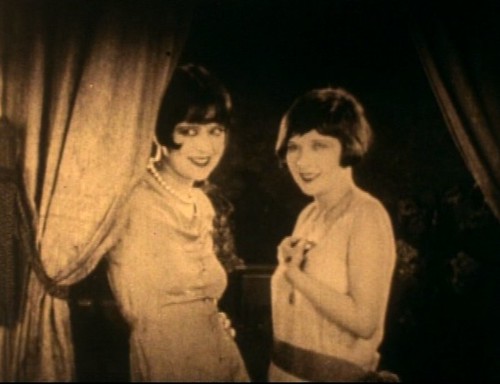At times, I think of myself as an amateur historian. It's unsurprising that I think of myself in that way; I was a history student in college, after all, and my library is filled with history books, from general histories of the world to histories of specific periods to histories of specific ideas. Among the niche histories in my collection General Howe's Dog (a book about the dog owned by General Howe during the Revolutionary War, which was lost during the Battle of Germantown) and Birth of the Chess Queen (exactly what the title implies — a book about how the Queen evolved and become the most powerful piece on the chessboard).
What can I say? I have varied interests.
The thing is, many people have favorite periods in history. They're fascinated by the American Revolution, or they're captivated by the Edwardian era (thanks to BBC costume dramas, of course), or the early industrial age tickles their fancy. Or any of a dozen, a hundred other periods.
I like them all. There's always something new to learn.
I love the medieval period. Castles and crusades and feudalism.
I love the Age of Fighting Sail and the Napoleonic Wars. Not just for Sharpe and Hornblower, but because an entire continent was at stake. I'm not a believer in the "Great Man of History" theory, but Napoleon is one of the few truly captivating figures to stride across history and leave his mark upon the world. Or Horatio Nelson, who is one of the rare figures in history to die at precisely the moment when history no longer needed him.
I'm fascinated by the colonial period. I'm especially intrigued by the French and Indian Wars. I also find it interesting that the final battle of the English Civil War took place in Maryland.
World War I is endlessly fascinating to me. I've recently read Harry Patch's autobiography. (Patch was England's last survivor of the trenches. Radiohead did a song about him in tribute, and it is achingly beautiful.)
 And that's just four. There are other periods that are just as compelling to me. Just today, I was listening to a radio documentary on the French Wars of Religion, the suppression of the Huguenots, and the Massacre of St. Bartholomew's Eve. And not because that has anything to do with Doctor Who. 😉
And that's just four. There are other periods that are just as compelling to me. Just today, I was listening to a radio documentary on the French Wars of Religion, the suppression of the Huguenots, and the Massacre of St. Bartholomew's Eve. And not because that has anything to do with Doctor Who. 😉
So history is something of a hobby. 🙂
There's one period I find particularly fascinating, partly because I find it so inexplicable — Prohibition. The Roaring Twenties aren't quite what I love about the era, though I admit I do feel a certain pull toward the Jazz Age and the world F. Scott Fitzgerald wrote. I love the Art Deco stylings of the time, I love the architecture of the period. "An expensive orgy," Fitzgerald called the period, and somehow the party went on because of — or in spite of — Prohibition.
I admit that the criminal side of it doesn't interest me a great deal. I could care less about the bootleggers and the criminal enterprises. What fascinates me is how a country decided to legislate a narrow view of morality, and then an underground culture grew up around it.
I realize that Prohibition was not just like The Great Gatsby, but it's romantic to think so. In reality, for most Americans during Prohibition, life continued to be nasty, brutish, and short, much as life had always been. But you think about the speakeasies, you think about the flappers, you think about the jazz, and you realize that people were having fun. There's a line in Joyce's Ulysses that goes (and I'm doing this from memory), "History is the nightmare from which we awaken," and in a way, that's what Prohibition was. It was the time when society awoke from the patterns in which it had been stuck.
Now I feel like rereading The Great Gatsby… 😉
And tomorrow, I may have a different idea of what time period has my attention. For all I know, it could be the Swingin' Sixties, or it could be pre-Roman Britain or it could be the Han Dynasty in China. Such is the life the amateur historian leads, following his interests down whatever road they carry him.